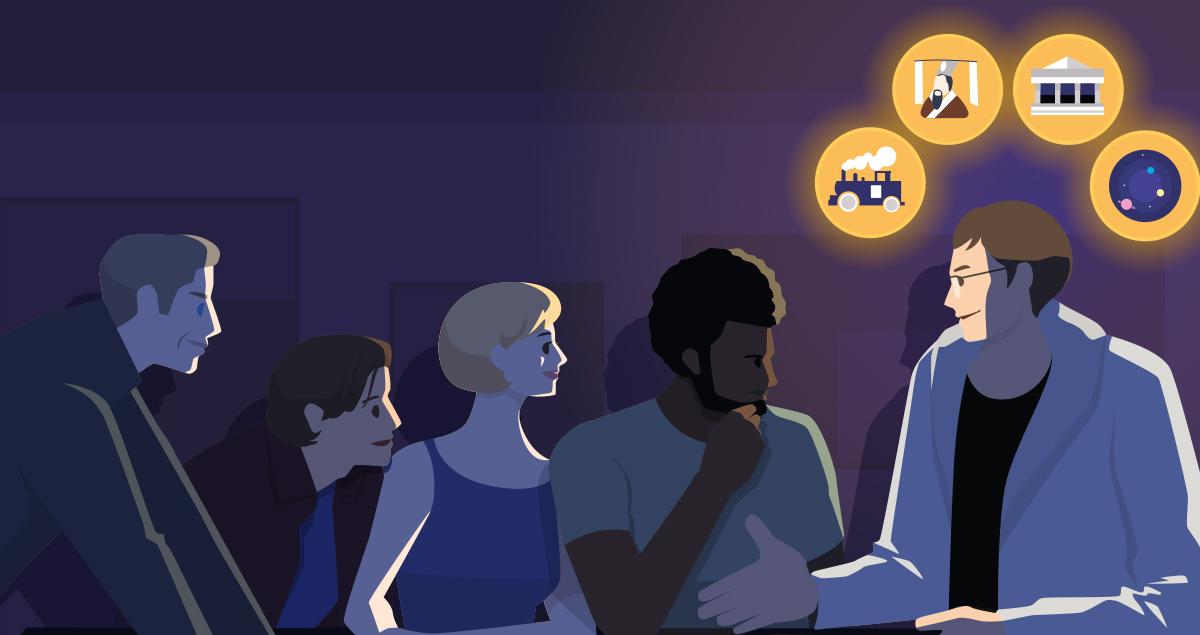Know thyself and the world, and win the global competition

We often hear of liberal arts and global literacy recently, not in the context of academic education, but of global business. I strongly believe that Japanese people doing global business must learn more in the liberal arts. The aim of liberal arts, in my opinion, is to grasp the core of cultures of every region and have confident views of human lives (Lebensanschauung) and the world (Weltanschauung). The beauty of liberal arts consists in broadening views acquired unconsciously in childhood. Wider perspectives support our points of view and lead to optimal compromises with foreign partners without hesitation.
Unfortunately, because of our geography and history, Japan lacks diversity of races and ethnicity. Consequently we share more or less the same traditional values. Having grown up in such an environment, it is difficult to understand values different from our own. In order to understand our global partners, it is necessary not only to know them as individuals, but also to understand their cultural heritages, which will make us confident in communication with them and win competition in the global market.
Granted that the importance of “grasping core values” is understood, how are we to grasp them? The first step is to read books. What I mean here is not reading general books of history, religion, politics, etc.. I recommend books describing the lives of ordinary people, specifically books written by travelers from different cultures. These books, such as Isabella Bird’s books on China, Korea and Japan, disclose the common values of local people little known to outsiders. People may think those things are too trivial to take into serious consideration; on the contrary, those are exactly the things deserving to be called “culture,” the true representation of core values.
In addition to “culture,” liberal arts also include the spirit of being “liberal,” not in the narrow political sense, but in the sense of being broadly open to other views and ideas. The sense of “liberal” may better be understood by considering the opposite of it, which is not “inconvenient” but “slavish.” People who accept the opinions of others blindly without examination, or follow social conventions or traditions uncritically are truly “slavish.” People with a liberal spirit may behave exactly the same as those of uncritical spirit, but they are always better prepared to deal with the results of their actions. After having read many of the classical history books of the Europeans, such as Thukydides and Livy, I have become convinced that “the liberal spirit” has been the core value in Europe and the Mediterranean over the past few thousand years or more.





